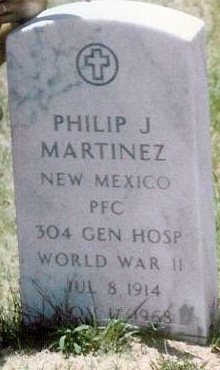If Shelby Steele were anyone other than Shelby Steele, he would bitch-slap George Will for deeming him
“America’s most discerning black writer.” Given Steele's belief that only small men--“bargainers, bluffers and haranguers”--populate today's black intellectual cohort, getting hailed as the nation’s most discerning black writer must feel a bit like being lauded as the highest point of natural elevation in the state of Illinois. Surely Will could have been a bit more generous in light of Steele’s eagerness to help the cause by donning once again the hair shirt of turgid prose and psychobabble he first wore in
The Content of Our Character. But to give credit where credit is due, Steele is right in saying that race and racism don’t adequately explain persistent inequality in our society. Ironically, though, this half-wit has then gone on (again and again, I might add) to explain the nation’s problems
exclusively in terms of race: white guilt, black dependency, the soft bigotry of low expectations. “We blacks,” Steele writes, “always experience white guilt as an incentive, almost a command, to somehow exhibit racial woundedness and animus." We do, do we?
The real issue here, though, is neither Steele’s mental defectiveness nor Wills’ colossal arrogance but the way both of these men collude in a more sinister project. By laying the blame for current ills at the doorstep of Lyndon Johnson’s “Great Society” they seek to deflect attention from the way the policies of “neoliberalism” create and exacerbate inequality in the present. (On Neoliberalism everyone should read David Harvey’s
A Brief History of Neoliberalism.) These policies confer "rights and freedoms on those 'whose income, leisure and security need no enhancing', leaving a pittance for the rest of us." The victims of these policies include and extend well beyond those Americans who happen to be black, and we need a politics that starts from an acknowledgement of that fact.


